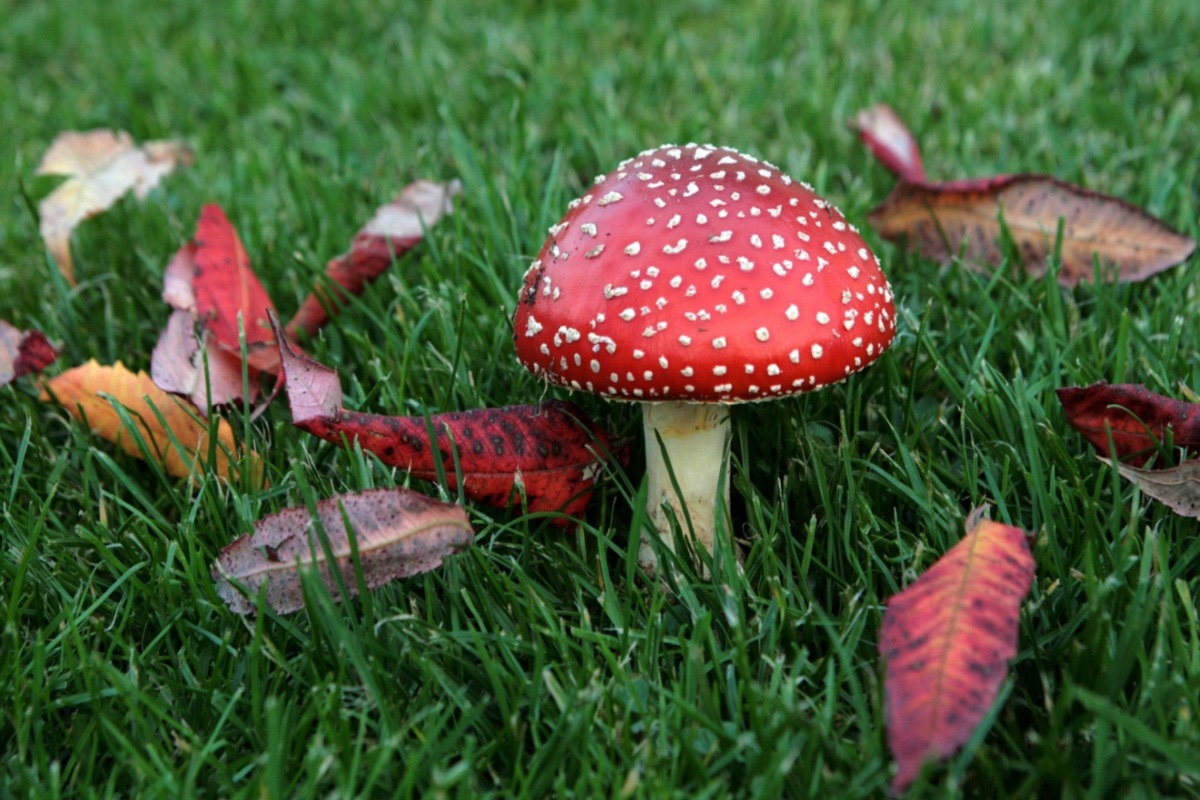Previous research on psychedelic drugs has indicated that they can effectively treat psychiatric disorders. Psychedelic drugs comprise many synthetic, natural, and semisynthetic compounds. These drugs can alter the sense of time and space and cause ego dissolution. They have been found to have agonistic activity against serotonin (5HT) receptors, kappa opioid receptors, monoamine transporters, N-methyl D-aspartate (NMDA)-receptor modulation, and dopamine (D2) receptors.
 Study: Psychedelic drugs for psychiatric disorders. Image Credit: greenland/Shutterstock
Study: Psychedelic drugs for psychiatric disorders. Image Credit: greenland/Shutterstock
Background
Classic psychedelics such as psilocybin, ayahuasca, and mescaline have been used previously in shamanic, spiritual, and religious ceremonies by Asian, South and Mesoamerican, and European cultures. Some are still used in the United States and Canada.
During the 1950s and 1960s, LSD and psilocybin were used in psychotherapy and several studies reported the safety of these compounds. Lysergic acid diethylamide (LSD) and mescaline were also found to provoke exceptional insights into the creative process. However, careless and widespread non-medical use of these compounds led to negative outcomes. Moreover, significant stigma arose regarding them, leading to their criminalization as Schedule I drugs by the Controlled Substance Act of 1970. This has limited the research on these compounds.
However, the requirement of effective pharmacotherapies for psychiatric disorders has led to an increase in psychedelic research since the 1990s. They have been analyzed for treating several psychiatric disorders such as posttraumatic stress disorder (PTSD), treatment-resistant depression (TRD), anxiety, substance use disorders, and adjustment disorders in life-threatening disorders. FDA has approved psilocybin and 3,4-methylenedioxy-methylamphetamine (MDMA) for the treatment of PTSD and TRD.
A new study
A new study published in the Journal of the Neurological Sciences aimed to determine the clinical applications of psychedelic drugs and psychedelic-assisted therapy for different psychiatric disorders.
3,4-methylenedioxy-methylamphetamine (MDMA)
Previous studies with MDMA have reported it to be effective against alcohol use disorder, adjustment reactions to end-of-life conditions, obsessive-compulsive disorder, trauma reactions, and PTSD. Several studies have reported a reduction in PTSD symptom severity on treatment with MDMA that continued for at least 12 months post-treatment.
Serious adverse events associated with MDMA in clinical trials have been reported to be rare and non-life-threatening. Some of the common MDMA side-effects include poor appetite along with an increase in body temperature, blood pressure, and heart rate. However, further studies are required for a better understanding of MDMA efficacy along with its safety and risks.
Lysergic acid diethylamide (LSD)
LSD has been reported to be effective against depression, alcohol use disorder, personality disorders, substance use disorder, and anxiety. It can also be used in the case of schizophrenia and other psychotic disorders. LSD use has also been reported in treating chronic pain and headaches. However, further research needs to be carried out since recent studies on LSD are limited.
Psilocybin
Psilocybin has been reported to act against anxiety and depressive symptoms, obsessive-compulsive disorder (OCD), TRD, and substance use disorders. The use of psilocybin has been found to improve the quality of life, improve optimism, and reduce death anxiety.
Moreover, psilocybin was found to show greater mystical experiences that had long-term effects on the mood and personality of individuals. Overall, psilocybin was reported to be safe and well-tolerated. However, longer and larger clinical trials are needed to compare psilocybin with FDA-approved treatments for depression.
Conclusion
Recent research on psychedelics has significant promise along with several challenges. These compounds can be used to treat many psychiatric disorders. However, their clinical applications are still experimental since current data is insufficient to support the use of psychedelics. Larger, longer, and more robust trials are required to compare psychedelic drugs with standard methods of treatment and care.
Limitations
Most of the current studies with psychedelics have several limitations such as small sample sizes, challenges in masking interventions, open-label study designs, participants’ expectancy towards favoring psychedelic drugs, and potential selection biases.